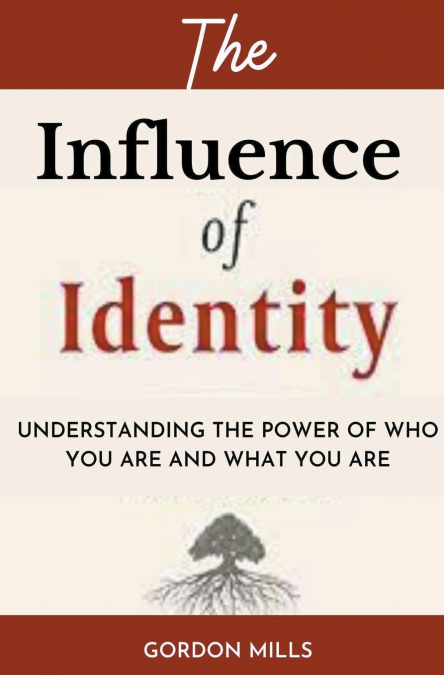
 Librería Perelló (Valencia)
Librería Perelló (Valencia)
 Librería Aciertas (Toledo)
Librería Aciertas (Toledo)
 El AlmaZen del Alquimista (Sevilla)
El AlmaZen del Alquimista (Sevilla)
 Librería Elías (Asturias)
Librería Elías (Asturias)
 Librería Kolima (Madrid)
Librería Kolima (Madrid)
 Donde los libros
Donde los libros
 Librería Proteo (Málaga)
Librería Proteo (Málaga)
The world is rapidly changing, and our beliefs are constantly challenged. Without a strong connection to our roots and confidence in our being, the slightest changes around us can be devastating to our identity.So how can we create the foundations for ourselves, to allow us to move flexibly with our complicated world and embrace advancements of any kind while staying true to our beliefs?This unique book offers a fresh and insightful perspective on how we can build ourselves up to adapt with greater ease to our complex world.Discover answers to questions you may have never even known you had:Why is it important to know who you are and where you belong?Which tools are at your disposal when solidifying your identity?What new skills must you acquire to thrive in this world, and how can they be learned?Why is the future something to look forward to, rather than fear?Explore a new approach to establishing a clear-cut, resilient identity to enjoy a more fulfilled, meaningful.Identity is a fundamental aspect of human existence, shaping our perceptions, beliefs, and interactions with the world around us. It encompasses a complex tapestry of factors, including our cultural heritage, personal experiences, social roles, and individual characteristics. Throughout history, the influence of identity has been evident in various aspects of human life, such as politics, art, social dynamics, and personal development. Understanding the profound impact of identity is essential for comprehending the intricate nature of human behavior, societal structures, and the interplay between individuals and their environments.In today’s increasingly interconnected and globalized world, the concept of identity has taken on even greater significance. As individuals navigate an ever-expanding array of cultural, social, and digital spaces, questions of identity become more complex and fluid. The advent of social media platforms and virtual communities has provided new avenues for self-expression and the formation of multiple identities. This proliferation of identities has not only influenced individuals but has also shaped collective identities at national, ethnic, and ideological levels.The influence of identity extends beyond individual self-perception. It plays a crucial role in shaping societal structures, power dynamics, and social inequalities. Identity-based discrimination and prejudice continue to be significant challenges in many societies, resulting in marginalization, exclusion, and conflict. On the other hand, identity can serve as a source of empowerment, fostering a sense of belonging, solidarity, and collective action among individuals who share common experiences or aspirations.Exploring the influence of identity requires an interdisciplinary approach, drawing from fields such as psychology, sociology, anthropology, political science, and cultural studies. By examining various facets of identity, including but not limited to race, ethnicity, gender, sexuality, religion, and socioeconomic status, we can gain a deeper understanding of the intricate web of factors that shape individual and collective identities.Ultimately, this book aims to foster a greater awareness and appreciation for the diverse range of identities that exist within our world, and to encourage dialogue, empathy, and inclusivity.